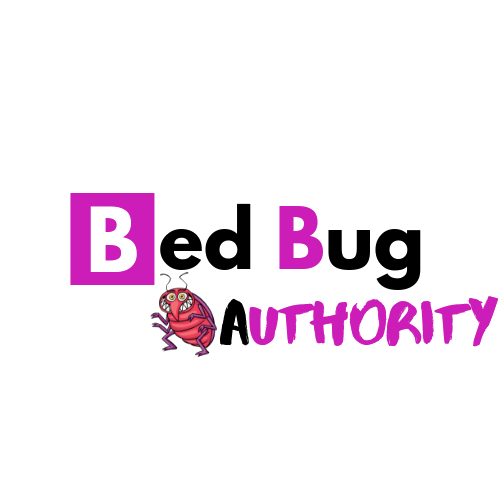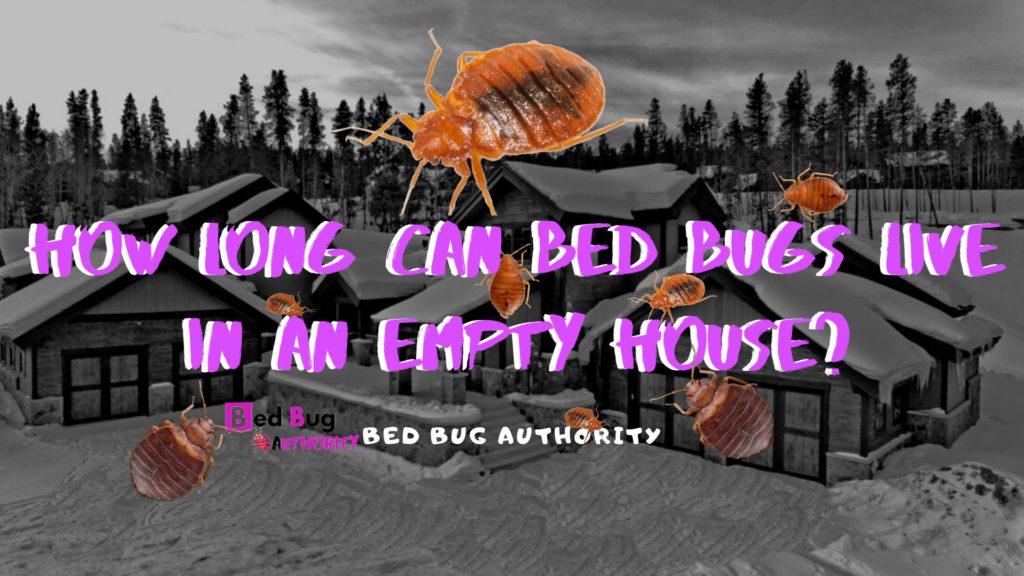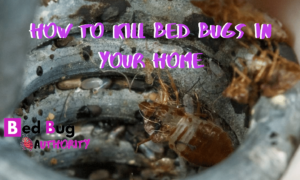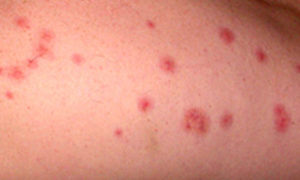How Long Can Bed Bugs Live in an Empty House?
Bed bugs can be the torment of anybody’s existence. These insects can completely infest your bed without you even noticing. They are small, nocturnal, and hard to spot. Their bites are not painful; truth is, most people can’t tell if they have even been bitten unless they develop welts and sores, which a lot of people don’t have an allergic reaction. Because of this, it may take a while before you can even know there is a bed bug problem in your house.
Bed bug’s favorite places to make themselves at home are in places like your mattresses, couches, sofas, and recliners. While they are commonly found in these places, and the name suggests that these bugs live exclusively in beds, they do not limit themselves to just beds. A bed bug will survive in any environment where it is close to its food source. They can live in suitcases, theater seats, and train seats. If given time, bed bugs will spread to other parts of the house as well, including furniture, cracks, and carpets.
If people aren’t available on the menu, the bed bugs will feed on any warm-bodied creature, such as rodents, cats, dogs, and other animals. Bed Bugs can also go for a long time without feeding and still stay alive. Studies have shown that bed bugs can survive up to a year without feeding on humans. Normally, bed bugs in an empty house can survive up to 6-8 months on average in the perfect living conditions, but their survival largely depends on two factors: the age of the bed bug and the temperature of the house.
Bed Bugs Get to Know the Pest
Bed bugs are a nuisance. Once an infestation occurs, they are very hard to get rid of, especially if the problem has spread to other parts of the house as well. Infestation isn’t very quick, though. Compared to other insects, bed bugs don’t reproduce that rapidly, and they also take time to mature. So if you spot the bed bugs early enough and get rid of them, you will not have to take drastic measures to get rid of the problem.
Bed bugs are small, brownish, wingless insects that resemble ticks. But contrary to ticks, bed bugs cannot live on their hosts and have to hide somewhere nearby, where they have easy access to their blood source. Bed bugs cannot fly, but they can scurry pretty fast across your bed, giving you only a fraction of a second to recognize what they are.
Bed bugs give anybody the creeps when you know they’re crawling along the seams of your mattress, the good news is that bed bugs don’t really harm humans. They might give you minor skin reactions and painful welts, but they carry no diseases that they can transfer to you, and no serious harm can come to you from being exposed to bed bugs.
Even though they are not dangerous, if you discover a bed bug infestation after you get back from a long vacation, you need to act quickly and use pesticides to eliminate the bugs from your home.
How Long Can Bed Bugs Go Without Human Blood In An Empty House?
If you move and leave your house unoccupied, the bed bugs will eventually die. That’s the case with any living thing? Take away their food source, and they will eventually starve to death. But how long before they starve? How long it would take for a complete bed bug eradication within your home is dependent on a couple of things.
Truth is, Bed Bugs are not so easy to get rid of. Their survival instincts are incredibly strong, and they have adapted themselves to survive in almost all climate and with very little food. Only the most extreme conditions will kill them off completely.
While bed bugs like to feed on a human, if they don’t have access to the human blood supply, they will make do with any warm-bodied creature. So don’t think they’re going to die out by themselves by the time you come back from your long vacation. Rodents, cats, dogs, and other small animals present in your house are enough to sustain them for months.
Adult bed bugs try to feed every 3-7 days, while their offspring, called nymphs, need to feed even less frequently. However, if a blood meal is not available, these blood-suckers can go into hibernation to conserve energy. This can allow them to go for months without having a blood meal.
How long a bed bug survives in an empty house mostly depends on two factors; their age and the temperature of the house.
Bed Bug Age (Stages)
Younger bed bugs are called nymphs. After hatching, they take about 5-6 weeks before they mature into fully-grown adults. These nymphs go through stages before they can become fully-formed bed bugs. For Bed Bugs to pass through each stage, they need a blood meal. However, they can go weeks without consuming blood.
Adult, mature bed bugs are a different story altogether. They try to feed themselves every 3-7 days to replenish themselves. You can tell when a bed bug has eaten, as its stomach inflates, and it moves around sluggishly.
The bad news is that if a bug does not have a human host readily available, adult bed bugs have ways of conserving energy and outliving the food-scarce times. An adult bed bug can lose up to 1/3 of its body weight to conserve energy and last longer without proper food. Adult bed bugs are also capable of going into hibernation and sleep through the food shortage. So, if the conditions are right, the adult bed bugs can hibernate in an empty house, and wake up when it can feed.
Females also need blood meals to help them form eggs and lay eggs. Nymphs need 5 blood meals before they are ready to mate. In an empty house, where they don’t have a blood host, bed bugs cannot mature quickly enough and cannot lay eggs quickly or effectively enough.
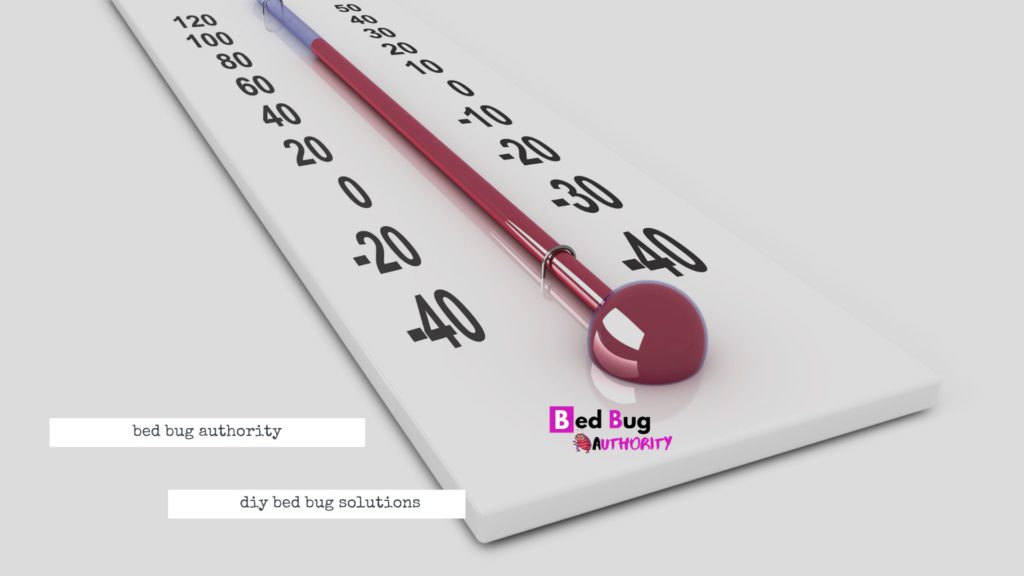
The Perfect Temperature
Temperature also plays a huge role in how long bed bugs can live in an unoccupied house. The lifespan of the bed bugs can vary drastically with the temperature in a particular house.
Bed bugs survive best at moderate temperatures, at around 70 degrees Fahrenheit. In a controlled environment at approximately the same consistent temperatures, bed bugs can survive for up to 6-8 months. So, in tropical countries or during springtime, bed bugs are well-suited to survive without much food.
When temperatures are lower, bed bugs find it harder to cope. However, they can withstand temperatures as low as 30 degrees Fahrenheit. Bed bugs have many life-saving techniques up their sleeves. In colder regions, if they are trapped in an empty house, bed bugs will hibernate. Reducing its energy consumption to almost zero, the bed bugs will have no trouble going without food and will focus whatever little energy they have into keeping themselves warm and alive. They also have a semi-hibernation state that they can go into when food is unavailable. So, while you can’t create environments cold enough in a house to kill off these creatures, the opposite can work.
Even though Bed Bugs have defense mechanisms that help them deal with freezing temperatures, they are not equipped to handle excessive heat. If left without a food source in a house that is heating up, their lifespan will decrease. A 15-degree increase in temperature can halve their lifespan, and when temperatures touch 99 degrees Fahrenheit, they can only last a month or two. They cannot withstand temperatures that are beyond 120 degrees and will eventually die at these temperatures. An empty house in hotter countries can possibly reach temperatures, which will help eliminate bed bugs within two to three months.
It’s a good idea whenever you come back from your vacation or move into a house that has been abandoned for a while, be sure to check the beds and sofas to spot an infestation. Unless you’ve been gone for a long, long time, the bed bugs that you left behind in the hopes that they will be gone by the time you are back will be waiting for you.
Bed bugs are well-equipped by nature to survive an empty house for an average of 6-12 months, depending on the conditions provided. If the infestation is too large, you might need pesticides to finish them off and you might need to get professional help as a last resort to eradicate these little suckers for good.
